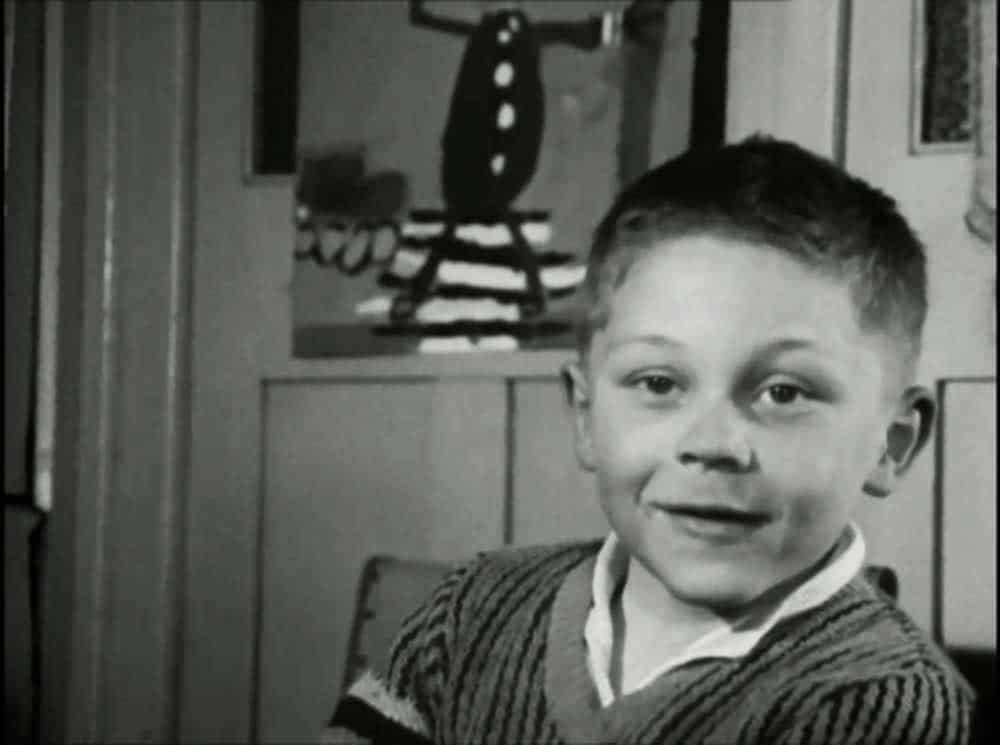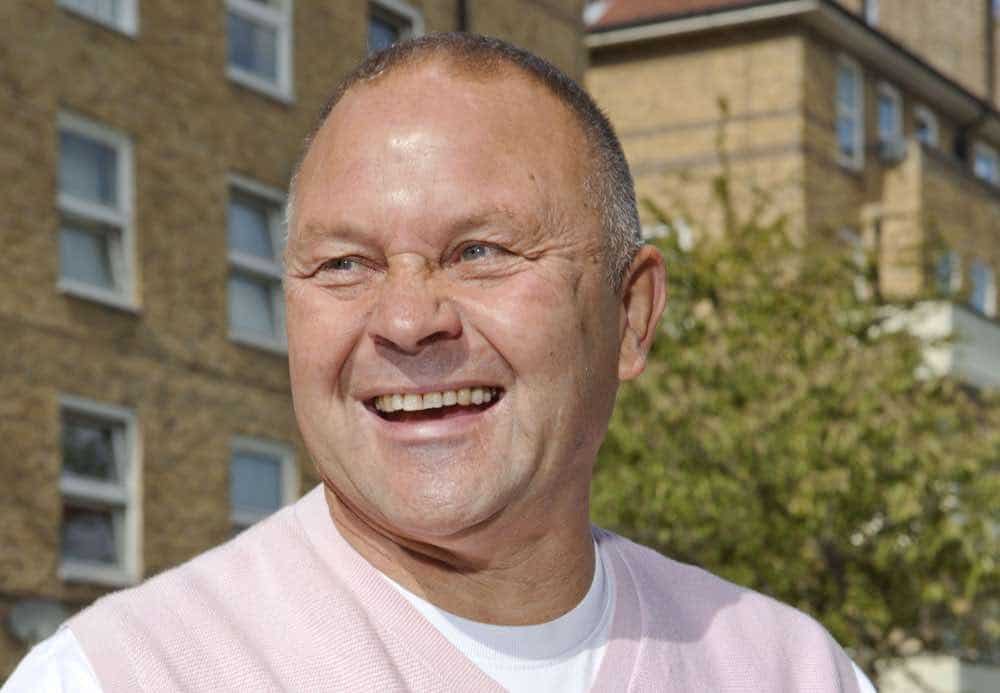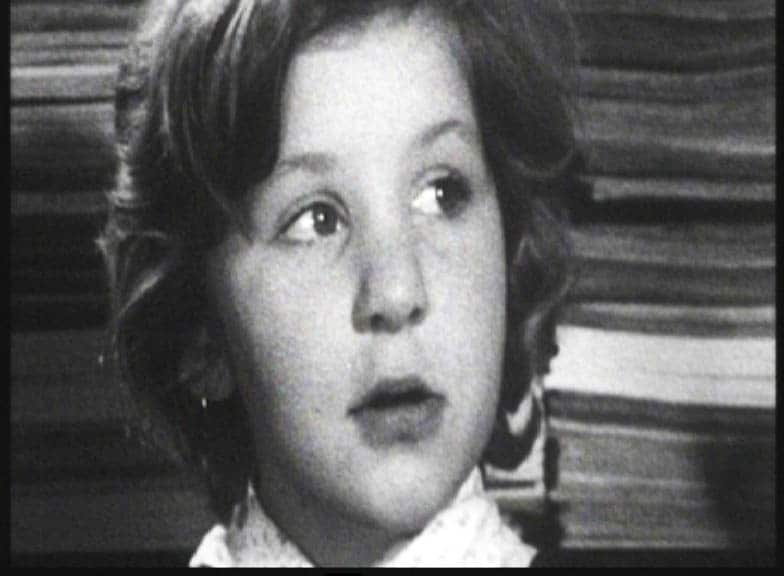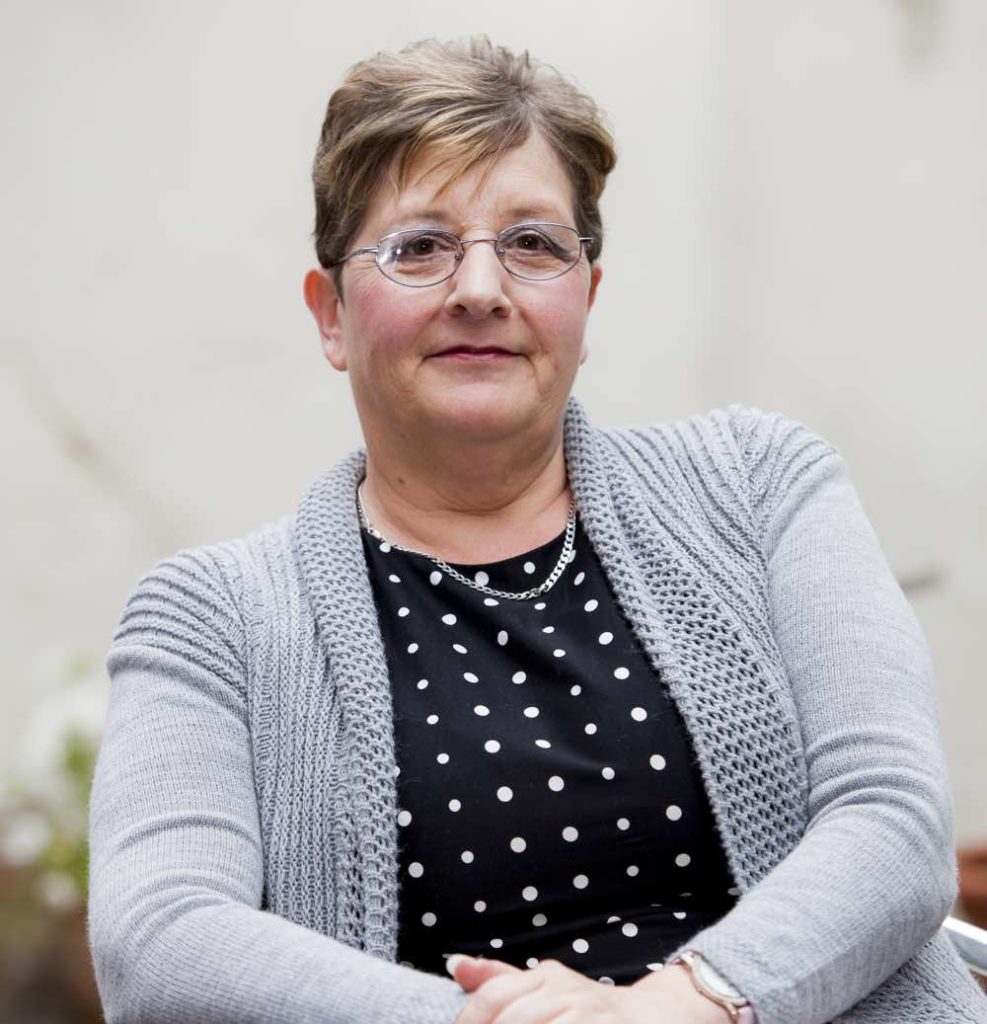Michael Apted’s latest addition his ‘Up’ series, 63 Up, catches up with the participants he’s been following since they were seven, in one of the most moving installments of the series to date.

63 Up is the latest in Michael Apted’s documentary project which checks in on the lives of 12 Britons every seven years; the first film, 7 Up, was made when they were seven years old in 1964. Because the participants were selected in1964, well before diversity was on most white people’s radar, they are overwhelmingly white and male. The project now is more about a few people’s specific lives than a representative cross-section of British society. 63 Up is very friendly to new viewers of the series and utilizes clips from older editions to compare and contrast with the present day subjects in a way that makes watching prior instalments almost pointless.
Apted and editor Kim Horton do a masterful job of finding linkages between old and new footage, capturing, for example, the same mischievous smirk Tony had at seven and still has at 63. The footage does stress continuities among the participants in a way that feels a bit leading; it feels tailored to confirm the film’s thesis the people have the same personality at 63 as they did at seven. Apted, who is 15 years older than the participants, has also improved his interview style over the series; now that he has known the subjects for 54 years, their improved rapport shifts his interviews from interrogations to conversations.

Tony, Age 7. Courtesy of Mongrel Media. 
Tony, Age 63. Courtesy of Mongrel Media.
Most refreshing about 63 Up is that the participants no longer posture for the camera about their accomplishments and dreams. They largely embrace that they are who they are and have become comfortable with the camera after being in the series most of their lives. However, the participants’ willingness to be so vulnerable in front of the camera moves the series into elegiac territory. The participants once tried to impress the filmmakers with aspirations but now instead unload their worries about aging, precarity, and the world they have left to their children
While the original aim of the project was to see how the British class system determined the children’s lives, regardless of class, all participants now feel their children face more barriers. Working class participants, like taxi driver Tony, discuss the loss of union jobs, while Jackie, who lives on a dwindling disability benefit, worries about the cost of housing.

Jackie, Age 7. Courtesy of Mongrel Media 
Jackie, Age 63 in 63 Up. Courtesy of Mongrel Media.
But upper class participants are also worried. John and Andrew, both lawyers, lament that class alone no longer guarantees success because there is now too much competition from “new money”. The series also features its first death (school librarian Lynn), while farmboy turned nuclear physicist Nick has throat cancer and, in his segment, emotionally grapples with mortality. Because of Apted’s long relationship with these people, such discussion does not feel exploitative; instead, we glimpse a rare, pure emotional honesty that may not even be shared with friends.
The release of 63 Up is also a good time to recommend Seventh Row favourite Gillian Armstrong’s series of five films, which followed girls in Australia: Smokes and Lollies (1976), Fourteen’s Good, Eighteen’s Better (1980), Bingo, Bridesmaids and Braces (1988), Not Fourteen Again (1996), and Love, Lust & Lies (2009). In contrast to Apted’s series, Armstrong’s films are narrowly focused on just three participants, which allows her to go deeper into their lives and feels less like a sociological study.

